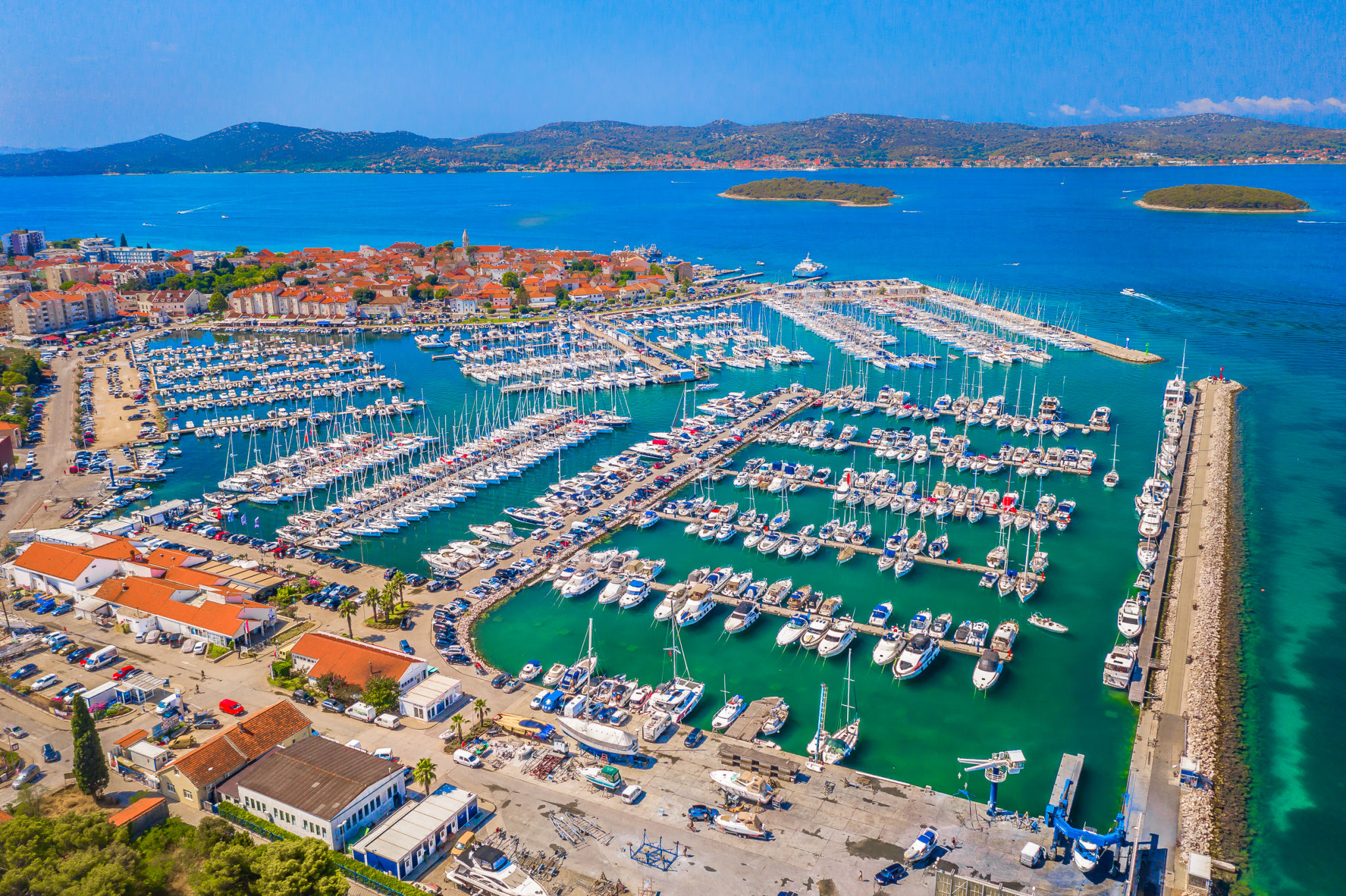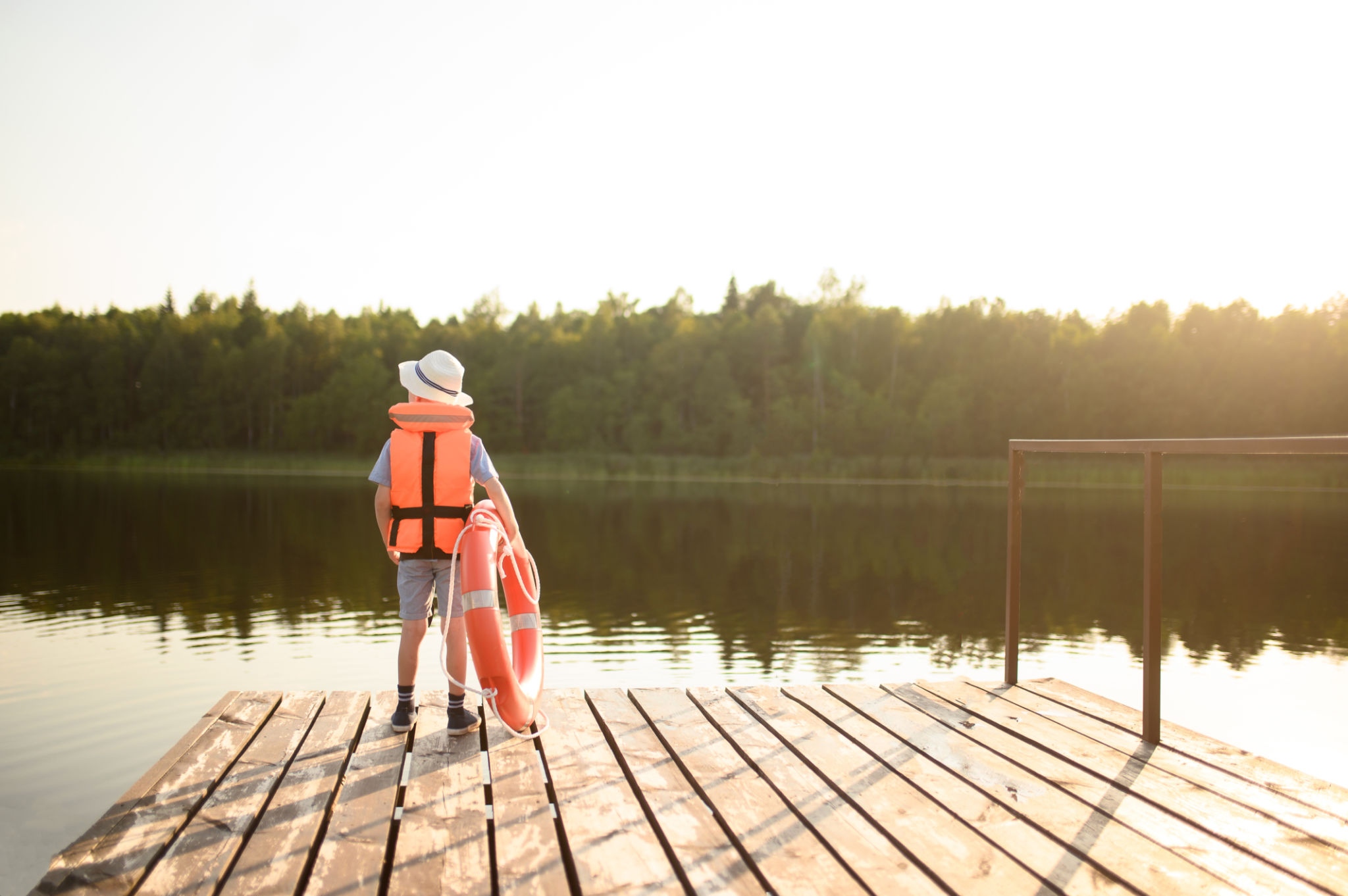Understanding Local Regulations for Yachting in Croatia
Introduction to Yachting in Croatia
Croatia, with its stunning coastline and crystal-clear waters, is a paradise for yachting enthusiasts. However, before setting sail, it's crucial to understand the local regulations that govern yachting activities in this beautiful country. Navigating these rules not only ensures a smooth sailing experience but also helps in preserving Croatia's pristine marine environment.

Essential Documentation for Yachting
Before you can enjoy the Adriatic Sea, certain documents are required. These include:
- Yacht Registration: Ensure your yacht is properly registered and compliant with international maritime laws.
- Skipper's License: A valid skipper's license is mandatory for those who wish to captain a vessel in Croatian waters.
- Vignette: This is a navigation permit that must be obtained for all foreign vessels entering Croatian waters.
These documents are crucial for both safety and legal compliance, so make sure they are in order before departing.
Navigational Rules and Zones
Croatian waters are divided into several navigational zones, each with its own set of rules. It's important to familiarize yourself with these zones:
- Internal Waters: These areas are close to the coast and have specific speed limits and environmental regulations.
- Territorial Sea: Extending up to 12 nautical miles from the coast, this zone requires adherence to international maritime laws.
- Protected Areas: Certain regions are designated as marine parks or protected zones where specific restrictions apply to preserve biodiversity.

Mooring and Anchoring Regulations
Mooring and anchoring in Croatia are subject to local regulations designed to protect the coastline and marine life. It is advisable to use designated mooring fields and marinas whenever possible. Anchoring is often restricted in protected areas to prevent damage to underwater ecosystems.
When mooring in marinas, be prepared to pay a fee, which varies depending on the location and size of your vessel. Always respect local guidelines to ensure a safe and responsible yachting experience.

Environmental Considerations
Croatia places a strong emphasis on preserving its natural beauty. As such, yachters are encouraged to follow environmentally friendly practices. This includes proper disposal of waste, using eco-friendly products, and respecting marine life habitats. These measures help maintain the ecological balance and ensure that future generations can enjoy Croatia's stunning waters.
In certain areas, regulations might require you to have holding tanks on board for sewage management. Always check local requirements before setting out.
Safety and Emergency Protocols
Safety should be a top priority when yachting in Croatia. Ensure that your vessel is equipped with necessary safety gear, including life jackets, fire extinguishers, and first-aid kits. Familiarize yourself with local emergency contact numbers and protocols in case of unforeseen circumstances.
The Croatian Search and Rescue service (SAR) is well-equipped to handle emergencies at sea, providing assistance when needed. Make sure all communication devices are functional and that you know how to use them effectively.

Conclusion
Understanding local regulations for yachting in Croatia is essential for an enjoyable and compliant experience. By adhering to these rules, you contribute to the preservation of Croatia's natural beauty while ensuring your own safety on the water. With the right preparation and respect for local laws, you'll be ready to explore the breathtaking Adriatic coast with confidence.